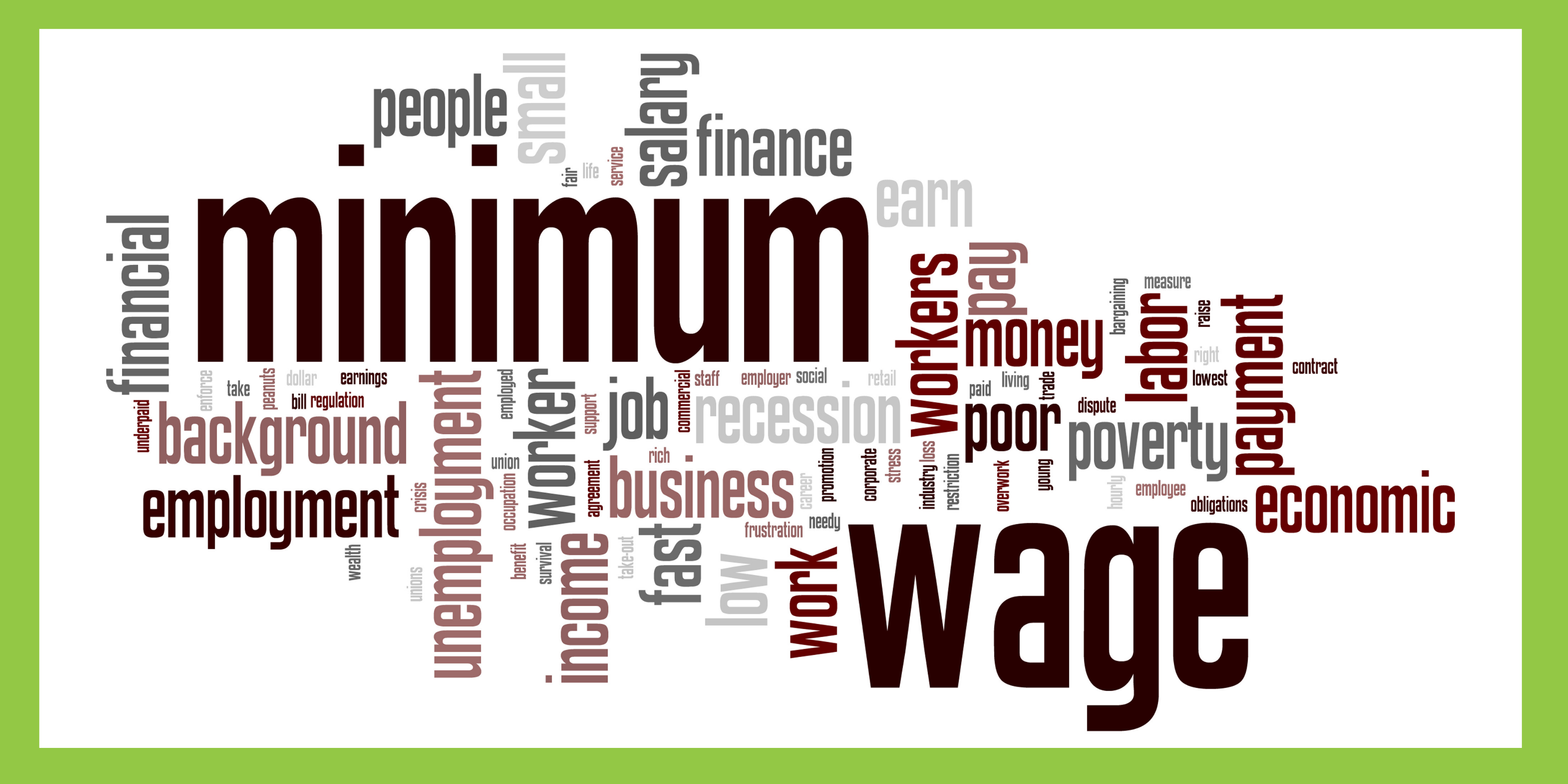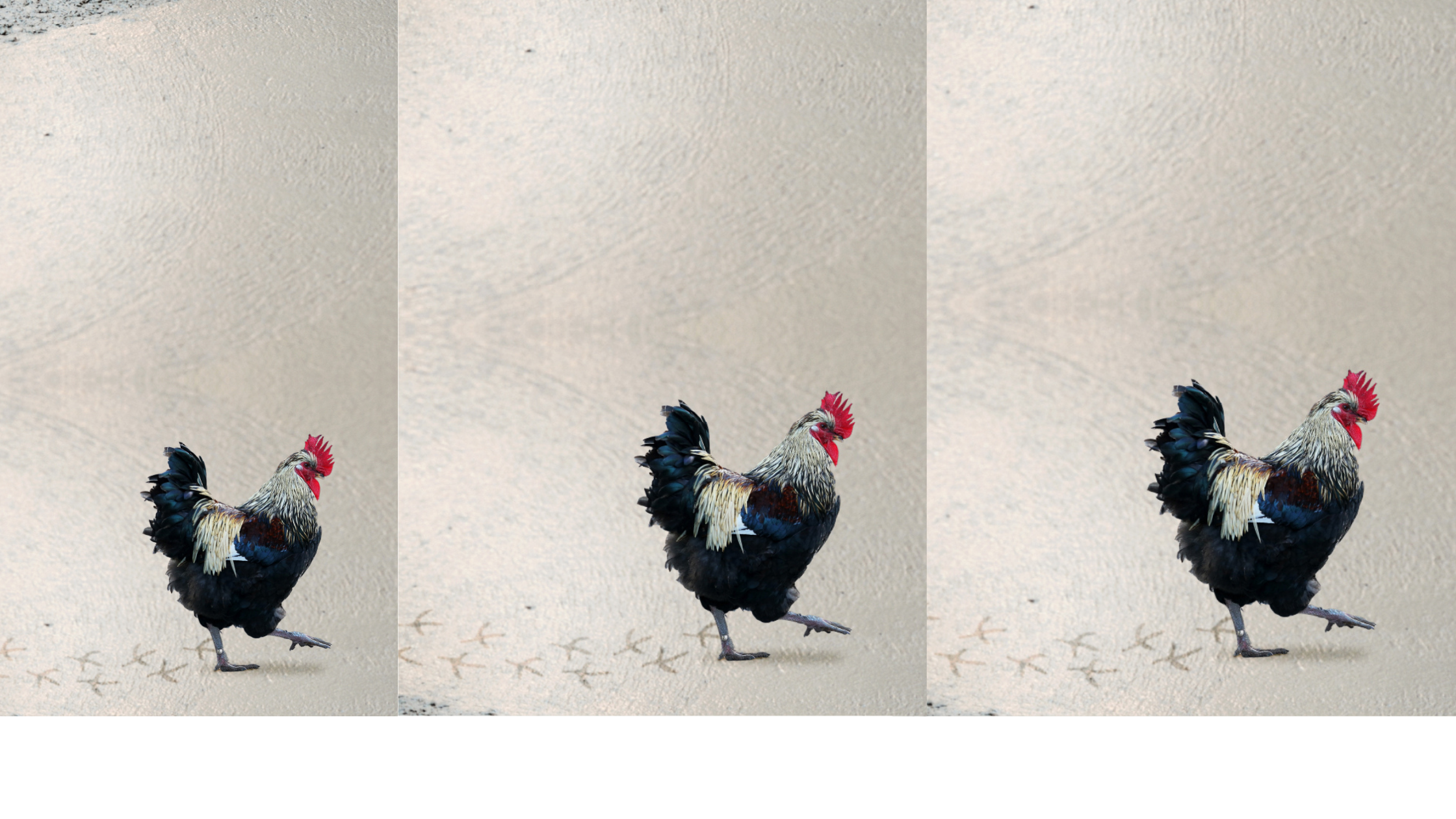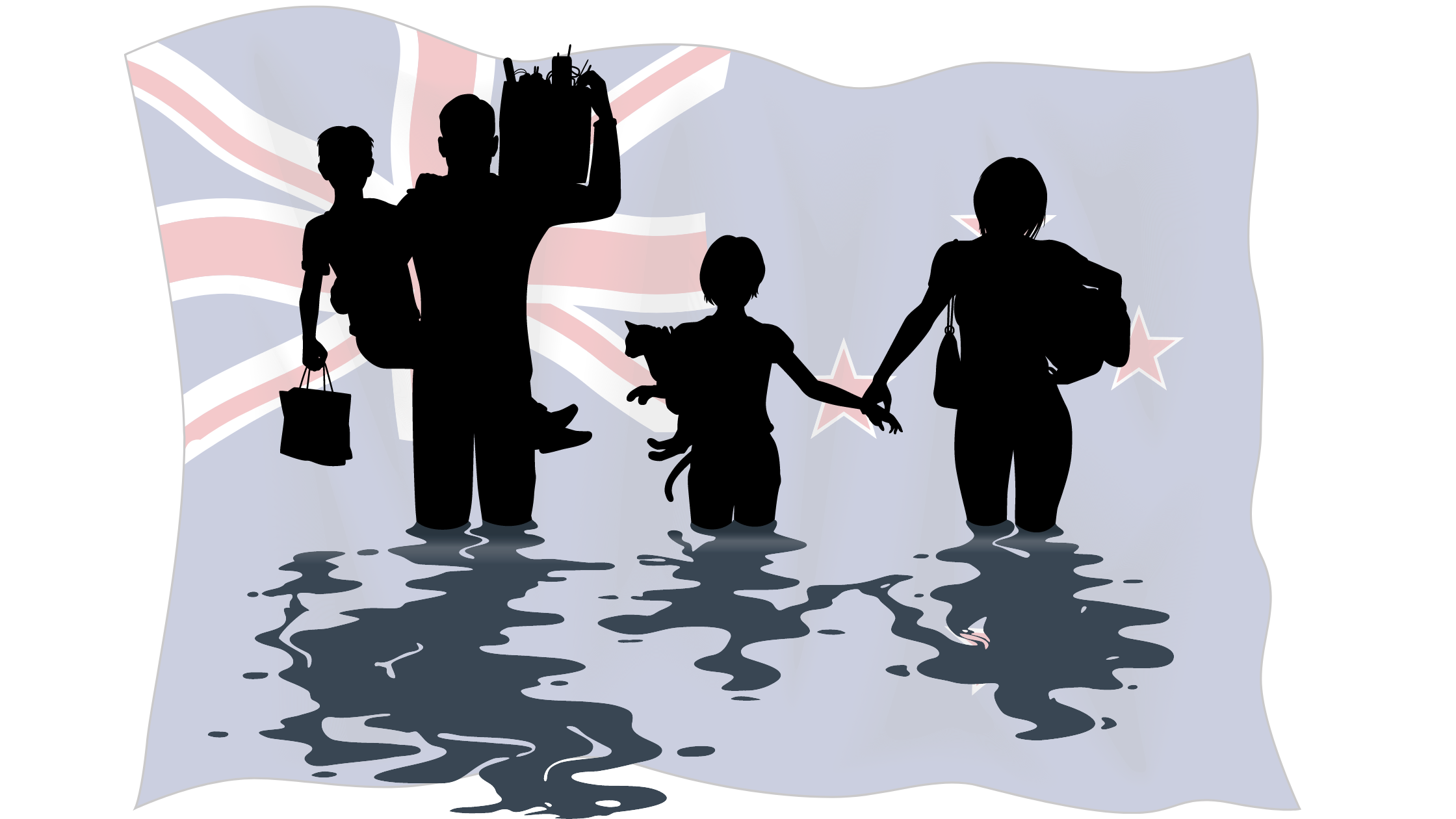Minimum wages are going to increase on 1st April 2023. Now is the time to talk to your accountant, payroll provider, or finance and HR teams. This change also gives all business owners an opportunity to check your employment agreements are up to date.
The Facts
Adult Minimum Wage
This will increase to 22.70 an hour and applies to all employees 16 years and over who are not ‘Starting Out Workers’ or ‘Training Workers.’
Starting Out Worker’s Minimum Wage
This will increase to $18.16 per hour. This applies to all 16 and 17-year-old employees who have yet to complete six months of continuous employment service with their current employers.
Training Minimum Wage
This will increase to $18.16 per hour. This applies to employees aged 20 or over whose employment agreement states they must do at least 60 credits a year in an industry training programme in order to become qualified in their area of work.
Effect of Wage Increase
An employee who works 40 hours a week, will now receive the minimum wage rate of $22.70 per hour; an extra $60 each week before tax.
It is thought that around 222,900 New Zealand workers will receive an increase in their pay packets due to the change in the minimum wage.
What You Need To Know About Minimum Wage
- It applies to all hours worked unless both parties agree to a higher rate in the employment agreement.
- It applies to employees paid with a salary or piece rates or commission.
Note Situations When The Minimum Wage Does Not Apply
The minimum wage increase will not apply to
- Employees under 16 years of age or
- Where a Labour Inspector has issued a minimum wage exemption permit to an employee who has a disability that limits them from carrying out the requirements of their work.
Getting Ready For April 1st
Advise your team
If you have employees on the minimum wage, it is helpful to send them a letter or email advising them their wage rate is changing and what their new rate will be per hour. The reason for the letter is that the increase in wages is a variation to their employment agreement, which is best provided in writing.
Check your payroll systems and processes
Talk to your payroll provider, accountant, lawyer, and HR or finance people to ensure they are ready to implement the change. Make sure your payroll system is changed to reflect the new rates.
If your employees are on Starting Out or Training Wages, check if they are eligible to move to the new rate.
Check Your Employment Agreements
If you have not updated the employment agreements you use for a few years, now is a good time to do it.
If any employment agreements (contracts) need to be updated or you have not given one to your employees, now is an ideal time to update your agreements. You should discuss any additional clauses or changes to current clauses with your employees good faith.
Update your business budget
Add any expected increased costs to your short and medium-term budget forecasts to help plan for and manage the effect of higher wage and holiday pay liabilities.
The government has an Employee Cost Calculator to help you work out the updated costs of your employees.
Need a hand with updates?
Do you need a hand with updating your employment agreements or checking over your employment policies? We Love Tradies HR can take away all the extra paperwork hassle and make sure you are compliant. We are not expensive, and we make HR easier for you.
We offer a 24/7, HR and legal advice service which
starts at $350 a month. Call our Tradie Hotline on 022 562 0069 or visit our website www.welovetradieshr.co.nz
References
https://www.business.govt.nz/employeecostcalculator/
https://www.employment.govt.nz/about/news-and-updates/minimum-wage-increasing-1-april-2023-are-you-ready/
We Love Tradies HR Ltd blogs contains only general information about legal matters. It is not intended to be legal advice and should not be treated as, or relied on, as such. For legal advice specific to your set of facts, please contact a lawyer appropriate to your legal issue.





